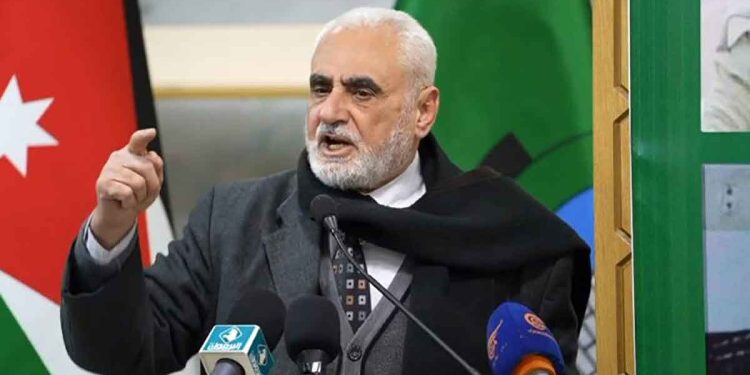In a move that has sparked widespread concern among political and human rights circles, Jordanian authorities have arrested Sheikh Jamil Abu Bakr, Deputy Secretary-General of the Islamic Action Front Party, while he was on his way to attend a meeting at the party’s headquarters. No official explanation has been provided for the arrest.
In an official statement, the party affirmed that Abu Bakr’s detention—he is a prominent political and media figure and chairman of the board of Al-Sabeel newspaper—signals a serious regression in public freedoms and reflects an attempt to silence opposition voices at a critical national moment that demands internal unity in the face of regional challenges, particularly the ongoing assault on the Gaza Strip.
This arrest highlights a growing pattern of security crackdowns targeting politicians and peaceful activists for their positions and opinions, without clear legal grounds or declared criminal charges—contravening constitutional guarantees of freedom of expression and political participation.
Detaining elderly figures like Abu Bakr, who is 74 years old, without consideration for their health conditions or national stature, constitutes a direct violation of international human rights standards, especially the principles of the International Covenant on Civil and Political Rights.
Abu Bakr is not an isolated case. Other figures and activists involved in public protests against the aggression on Gaza—among them university students and trade unionists—have also been arrested. This reinforces the perception of a systematic policy aimed at shrinking civic space and targeting dissenters.
The arrest of Abu Bakr, along with the disregard for calls to release political detainees, not only reflects a crisis in managing political diversity but also reveals a deeper dilemma: the absence of a necessary balance between security needs and the imperatives of freedom. Such a balance is essential if the state hopes to confront challenges with genuine national unity that excludes no one.


























